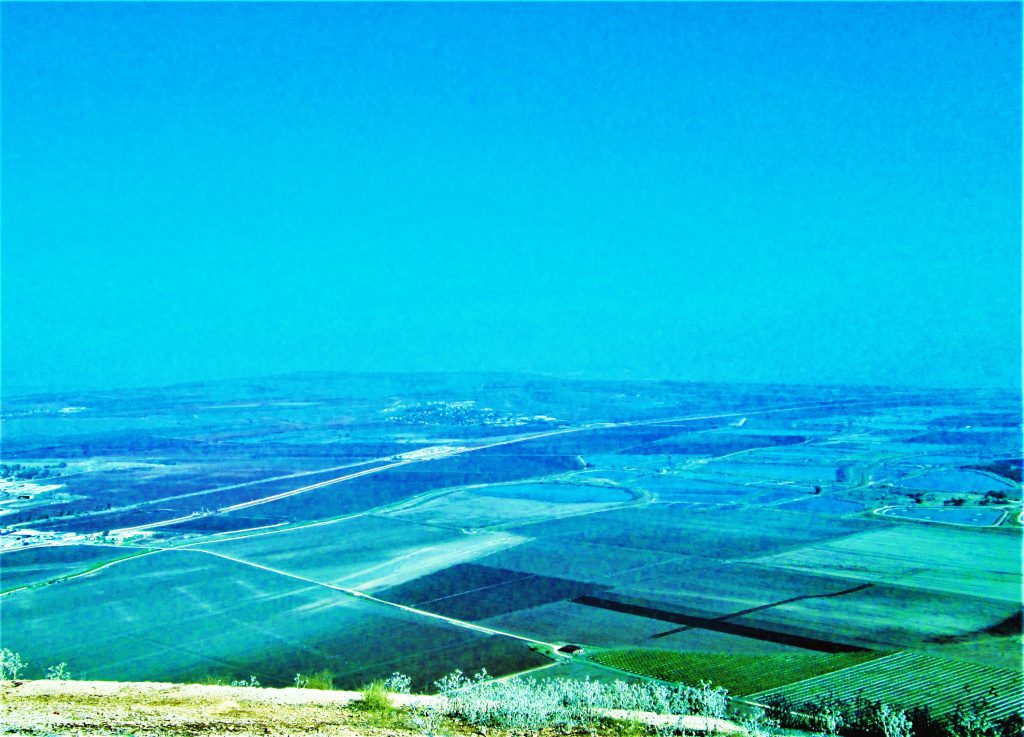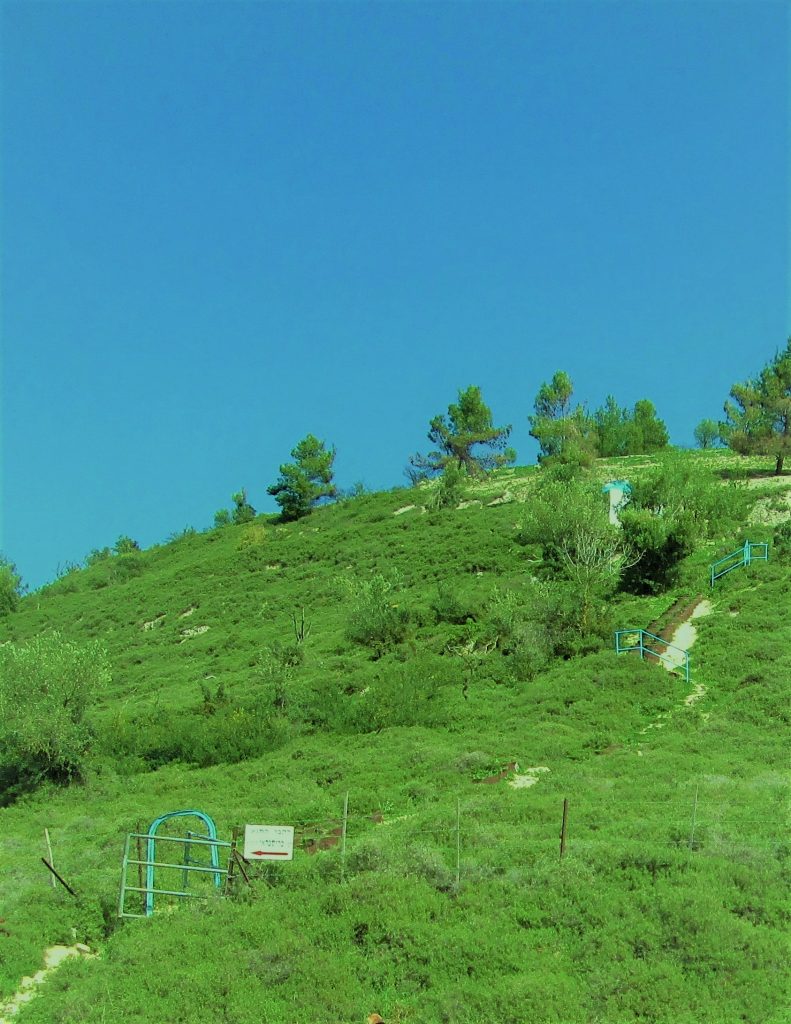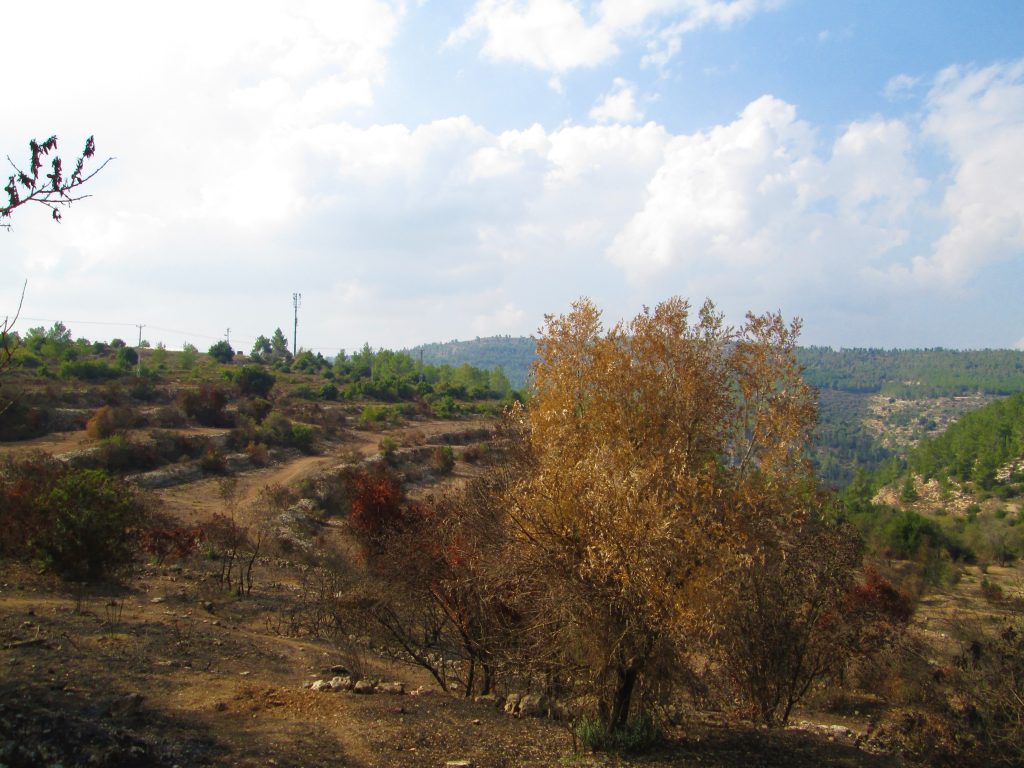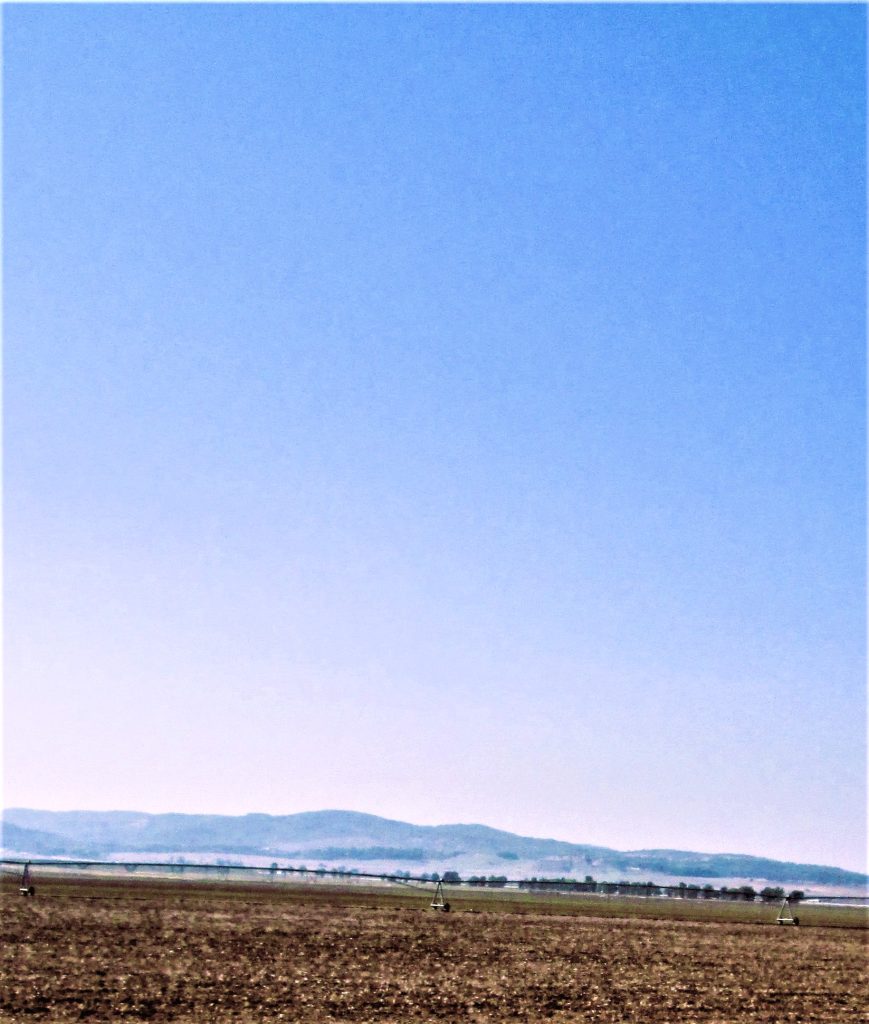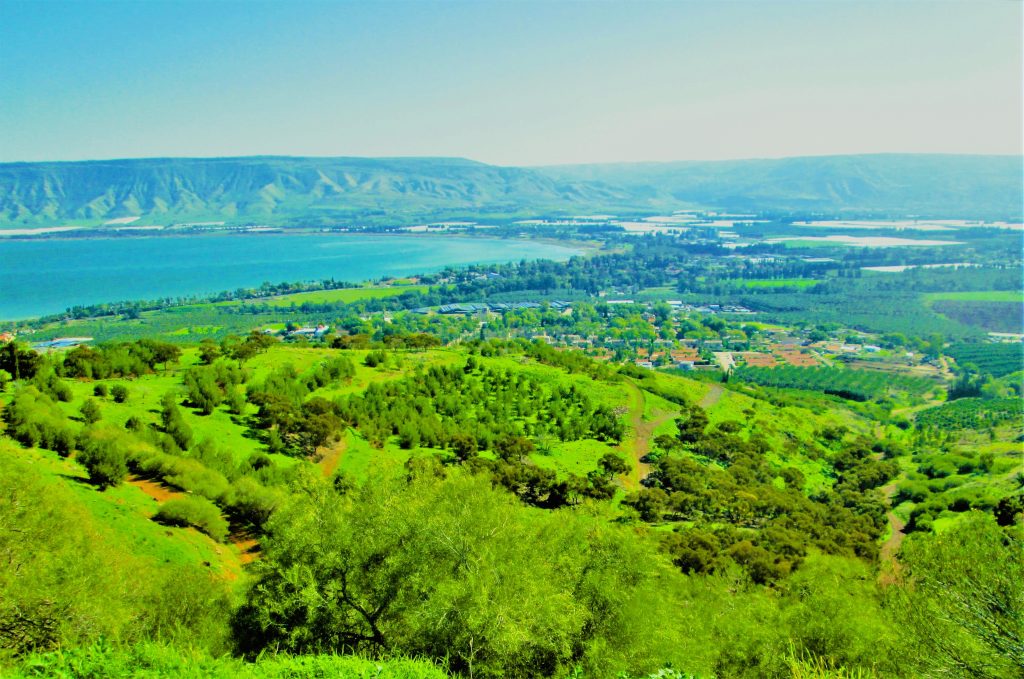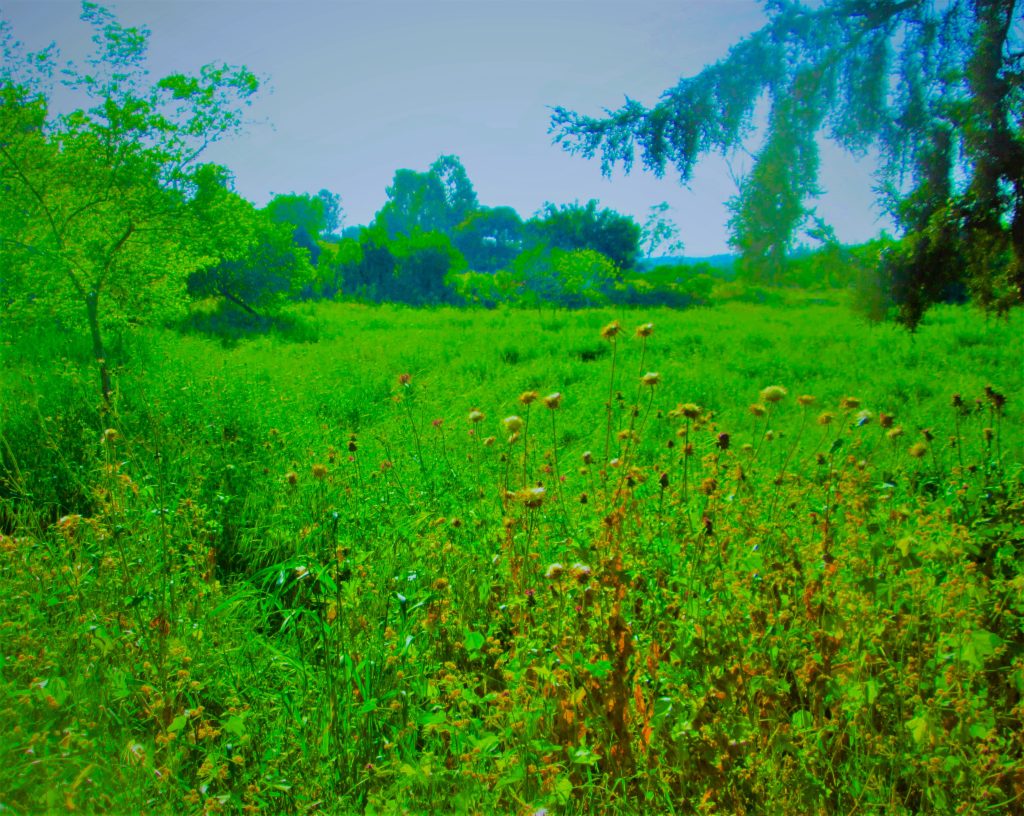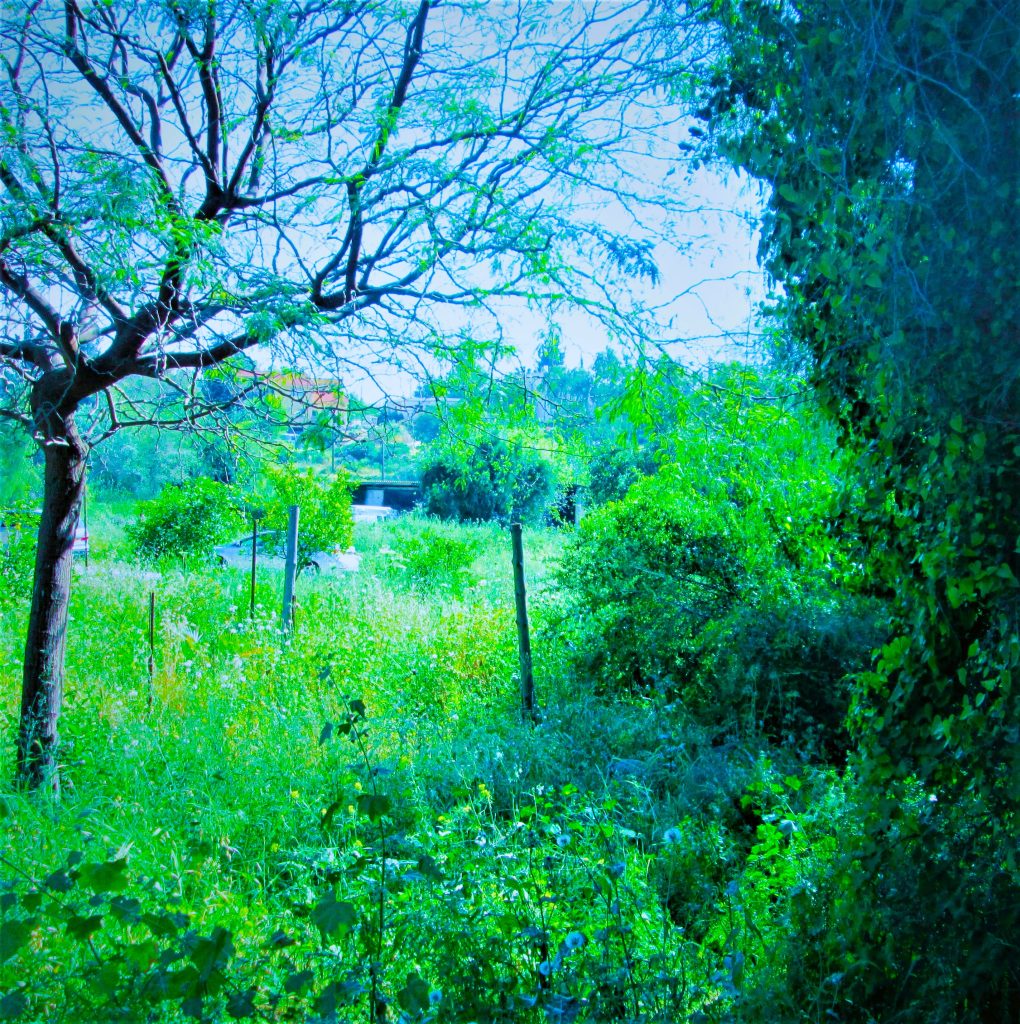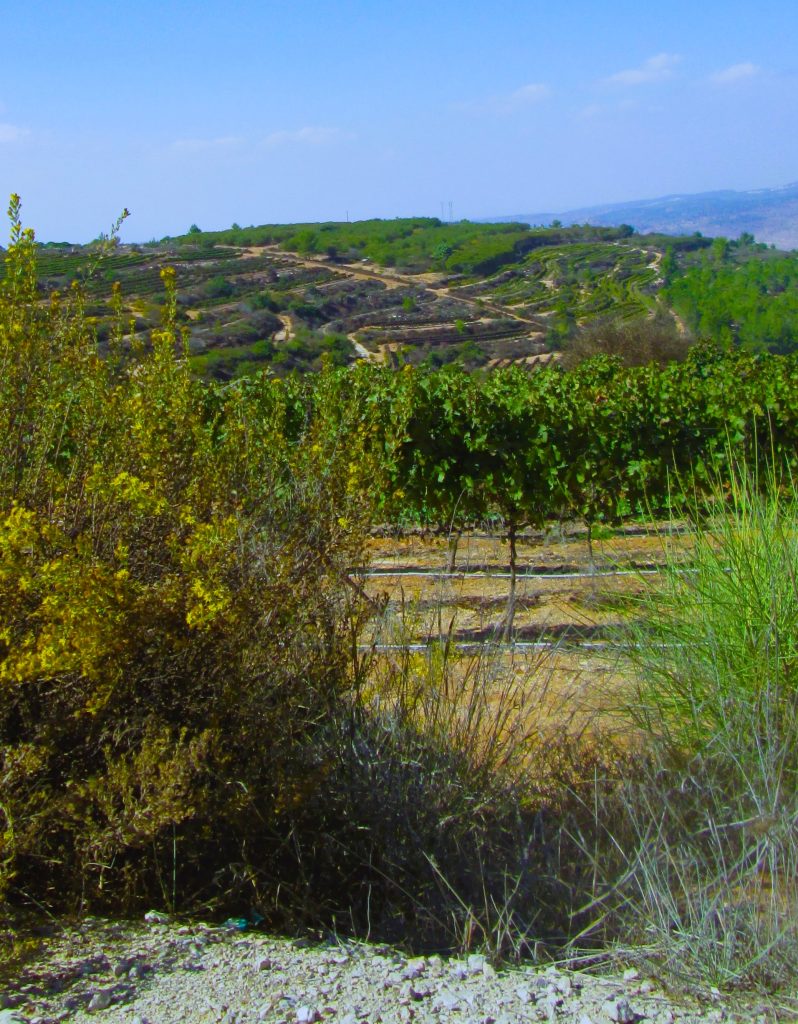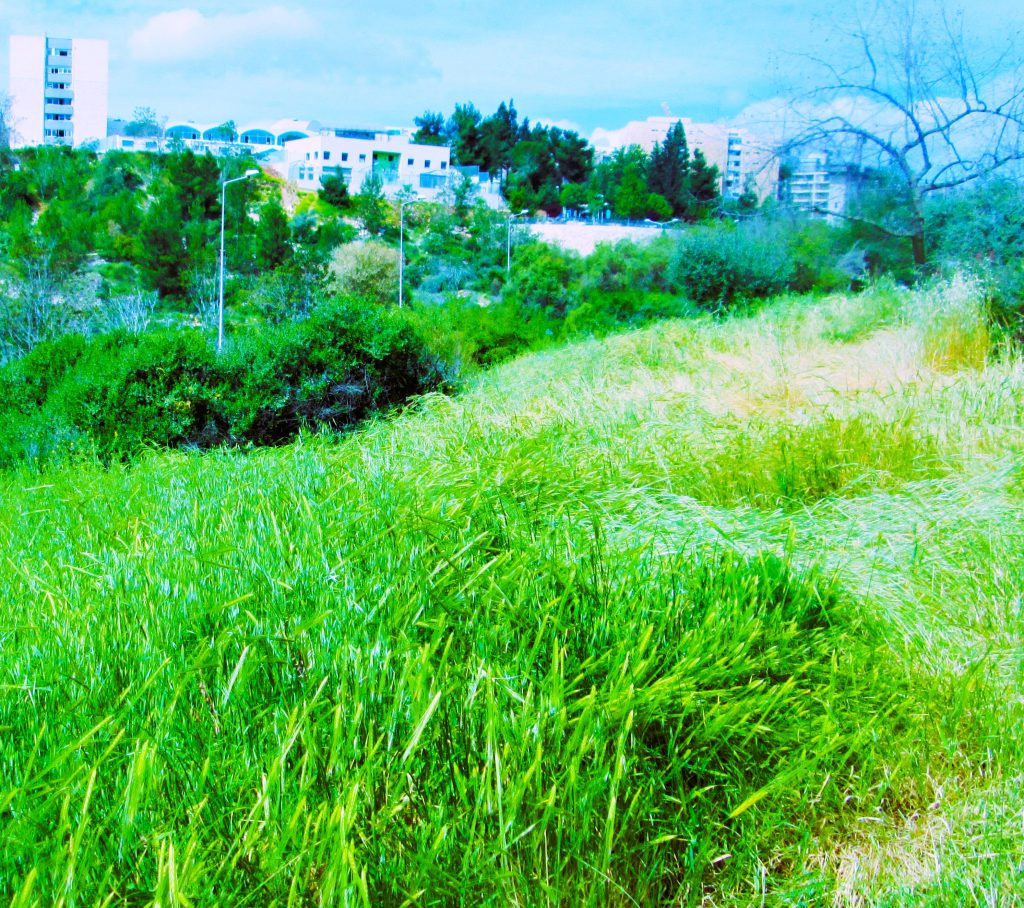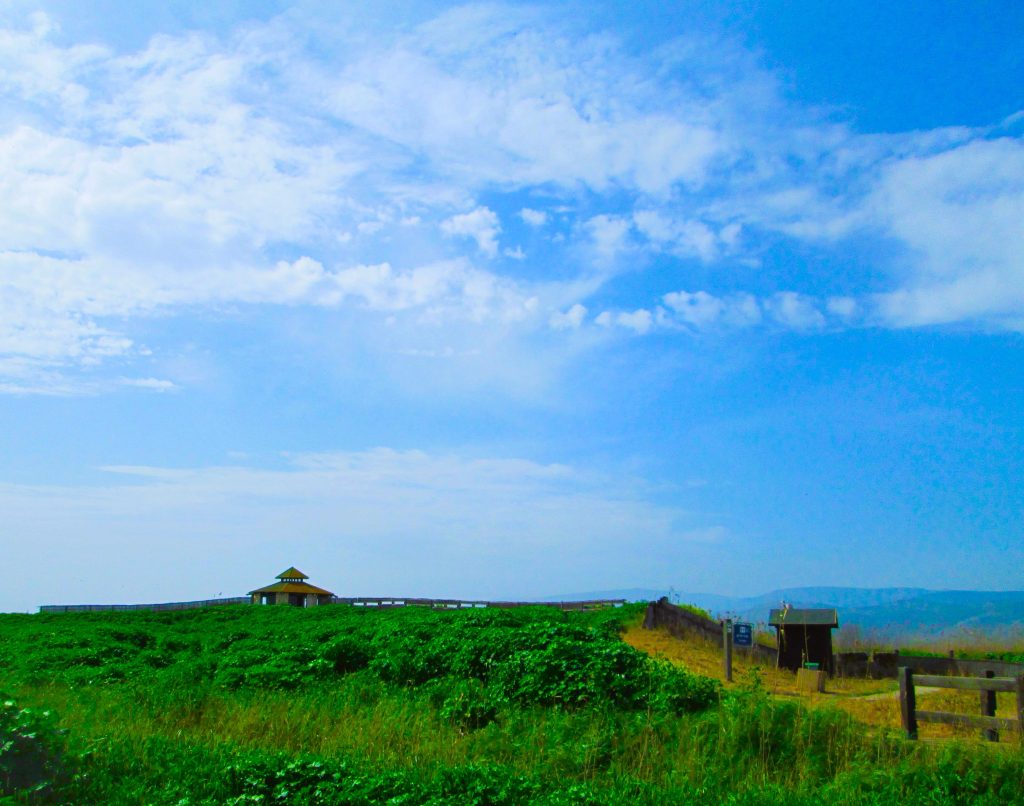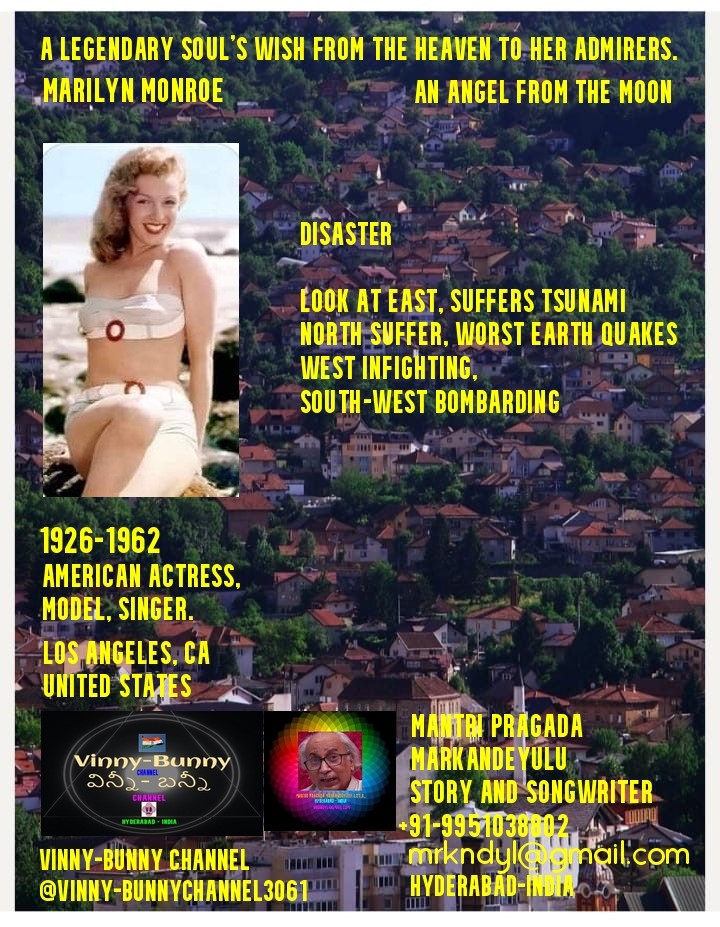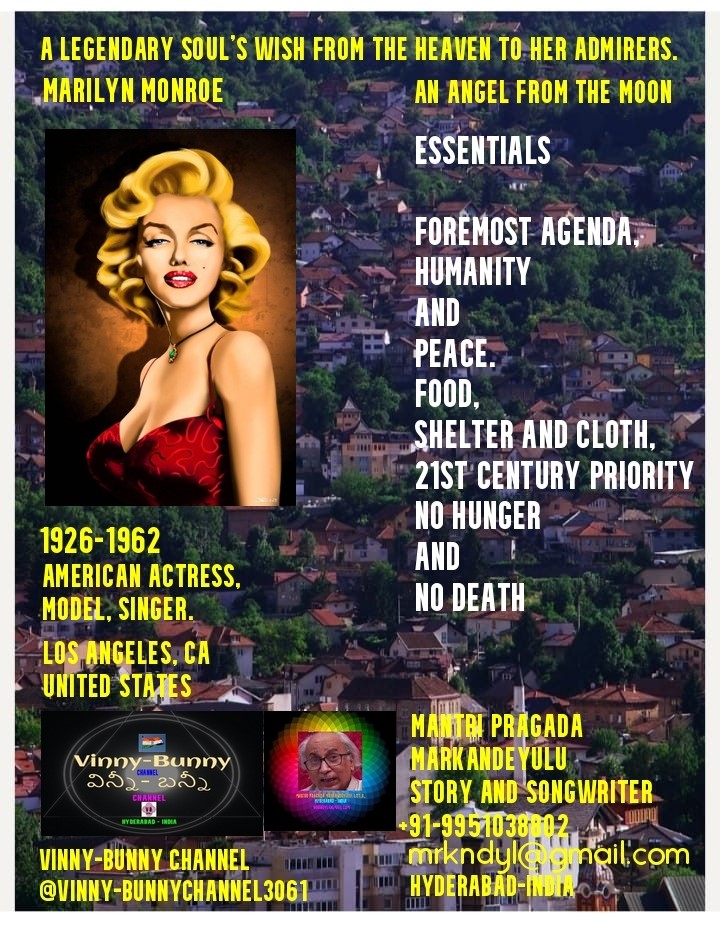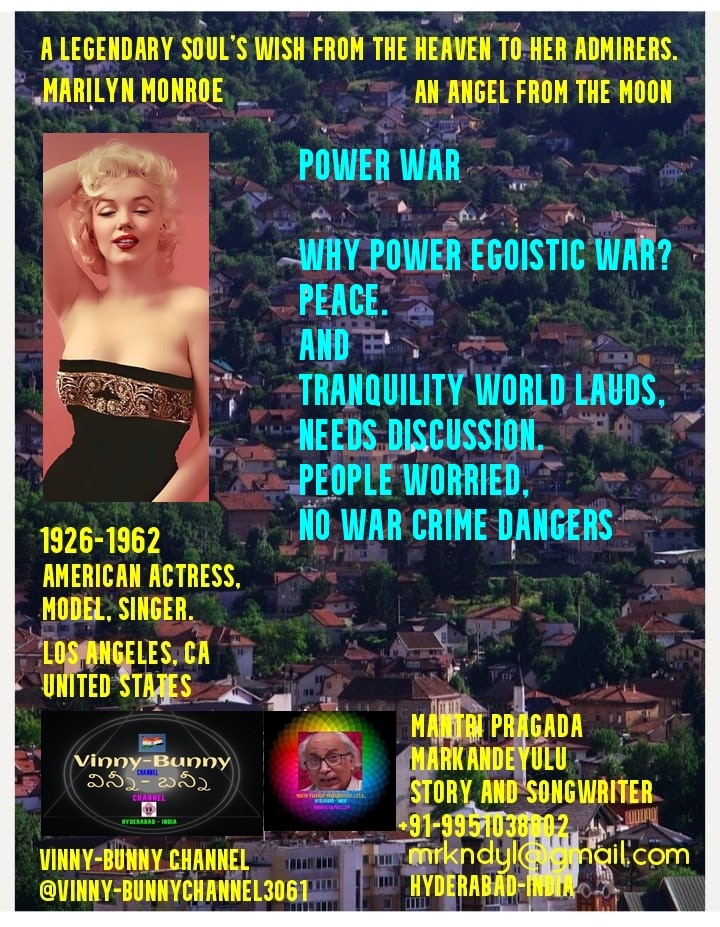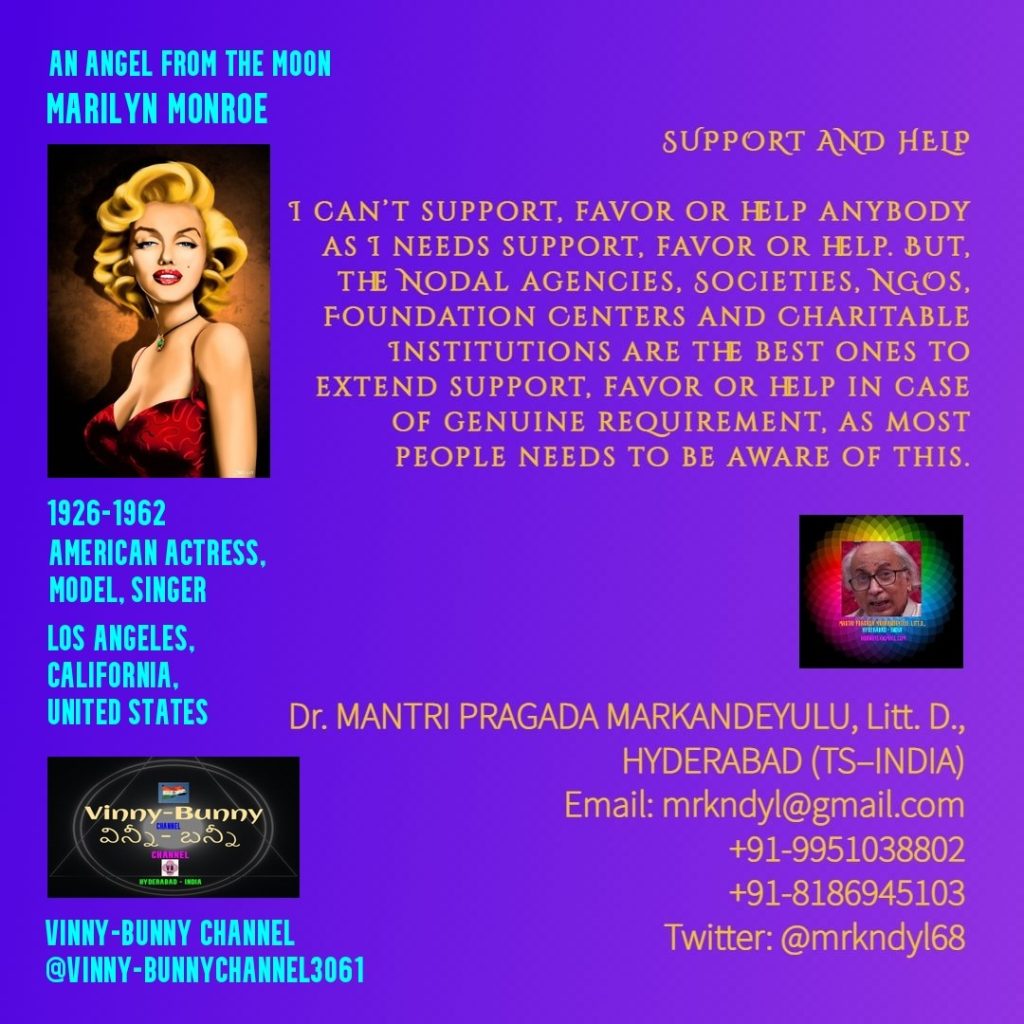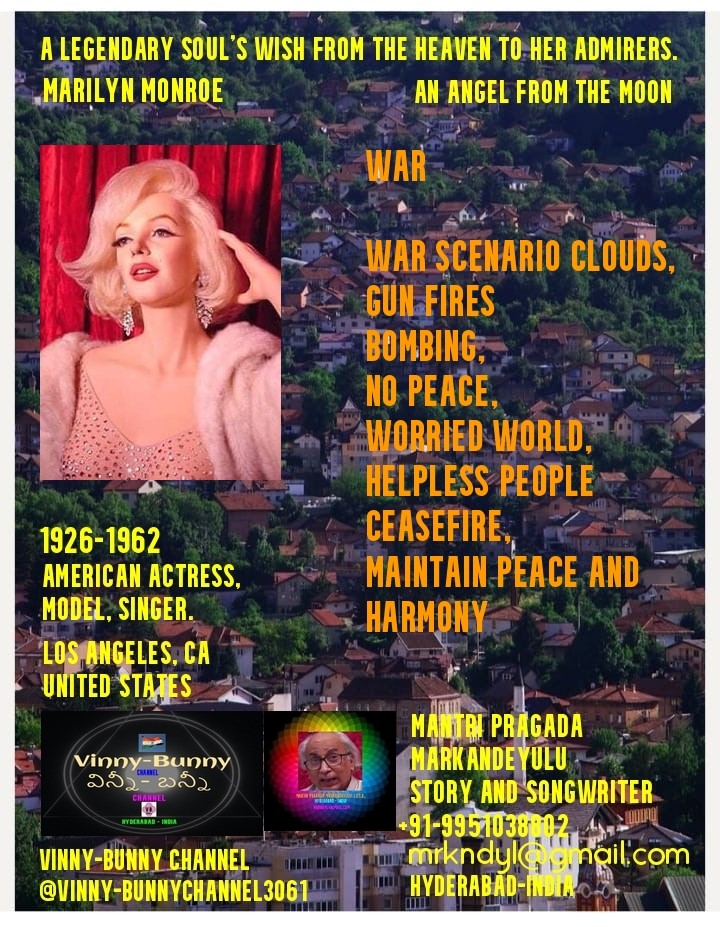LIFE'S FOUNDATION HAS BEEN SET Life's foundation has been set Maybe not to nature's best Little or no was our rest During the building's crest It was beyond the edifice Far above decrees Engulfed in past experiences Sought to reflect them in peace Rain came, wind blew Storm wave, rain dew Fell on the base anew No effect we beforehand knew For we need not struggle On how to solve the puzzle of life's dazzle The foundation got that to tackle
Category Archives: CHAOS
Poetry from Giddi Vivian Hembafan
I stand between God and Satan Amazed by the angels Their glow precious Scared of the demons Their presence a fallacy Rejoiced at the glory at last The world had turned down I craved for truth Was surrounded with lies Eating deep into my depths I hungered for the words of righteousness Was fed evil Wished for spiritual knowledge Was led astray Far from the way I watched the demise of souls Those scenes made me scowl Gushed at what kids became T'was clear of what elders did to the youngsters I stood in awe Gazing in silence As the devil controlled the beings of life Men lured to their doom Maneuvered to destroy themselves With their own hands they spoilt the bonds they shared Everything they created was lost I was a witness All I could say was, Ah !!! Had we known..... With my body vigorously trembling I went on my shaky knees With fear and hurt for the people I cried, shouting out loud Oh my God save us !!! I knew it was never too late But we had long lost the opportunity While reminiscing about our joyous past The ever bright SON OF MAN came I couldn't stop the hot liquids that fell As I cried once again Alas!!! Glory at last......
Poetry from By Olanrewaju Timothy Fatoye
Why Lack What We Need?! In shadows deep, where darkness takes its heed, We lack what we need, in dire times we plead. No power's grace to light our path with care, Insecurity's cloak, a burden hard to bear. A student's dreams, once bright, now dulled by strife, In the absence of light, she walked a perilous life. With every step, uncertainty did breed, In the heart of the night, where shadows feed. Vicious whispers echo through the streets, As the city sleeps, in darkness it retreats. No watchful eyes to guard, to intercede, A tragedy unfolds, in this forsaken creed. Innocence is lost, a life now gone, In the absence of trust, a mourning dawn. We lack what we need, in this tragic decree, A society's lament, in somber harmony. With power's absence, and security's despair, We mourn the cost of a world unfair. In a symphonic voice, we must take heed, For in these voids, the darkest deeds proceed.
Poetry from Noah Berlatsky
Pendulum Thursday Quilt Make a quilt of Thursdays and pendulums we’re comforted by tedium and the same words recurring like pendulums, like Thursdays like a pattern of words wording what’s for dinner, how’s your day who are you texting, we have to leave now or we’ll miss Thursday and the words you say on Thursday and the pendulums that are weaving of time and time a quilt.
Art from Channie Greenberg
The Crazy Beggars, a drama from Mantri Pragada Markandeleyu (first installment)
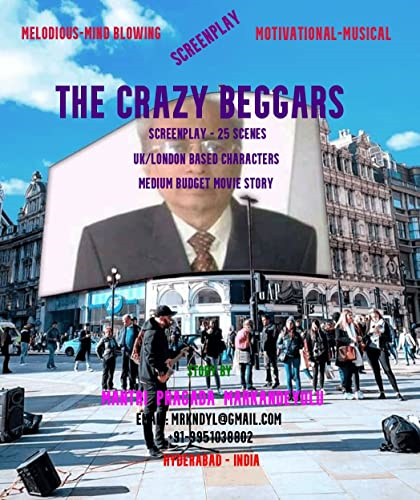
THE CRAZY SINGERS
STORY AND FULL SCREEN PLAY
THE CRAZY SINGERS
(This piece will be shared in installments, one per issue)
It’s a Musical Melody, teenage Love Story
Introduction
At many States/Countries especially in UK, beggars earn substantially good money through their Singing on the public platform.
There are big numbers who earn millions of moneys through begging profession.
These people live a lavish life.
Tax authorities never touch these people.
Beggars are of various types. Some are small time beggars.
Some are special type beggars.
Some are full time beggars.
Some are professional beggars.
Some are broker beggars.
Most of the full-time beggars and professional beggars even evade tax payments.
For this begging profession, there is no age limit.
Even yudult (those who turn from ‘youth to adult’ are called ‘yudult’. take to begging profession.
Some youth also begs for their livelihood.
Aged and helpless people beg for their bread and butter through various means.
One beggar at a nearby mall, one ‘middle-aged beggar’ sitting leisurely on the platform, keeping a small money pot nearby to his side, wearing a black cooling glass, smoking a cigarette and reading English newspaper.
The beggar did not have any shirt and was only wearing a torn banyan.
The beggar had a short. Pedestrians were surprised by seeing the beggar’s pose of sitting style and reading look at the English newspaper.
Pedestrians thought for a while, about his pleasantness, happiness and comfortably sitting style.
Pedestrians instantaneously, told the co-passenger about the beggar’s style of reading the newspaper.
The beggar looks to be of ‘no worry’ at all.
The beggar looked like having total peace of mind.
On another occasion, the XYZ observed at a “X’ road traffic signal point near the Court mall, that a group of youth, holding small hundies, begging from all the passersby including pedestrians.
When a Pedestrian asked the purpose, the youth who were moving here and there at the mall’s ‘X’ road told that they are collecting money for the help of under-privileged and disabled children/people charity purpose.
The Pedestrian observed several times on several days about this type of begging by youth, who were wearing good dress.
When the Pedestrian enquired about this type of money begging, the Pedestrian was told that there was a racket behind this.
Also, it was told to Pedestrian by the locals, that they earn millions of amounts, by doing this begging.
The Pedestrian was surprised for this type of earning huge amounts.
All this was happening well in front of the Traffic Police Constables.
It looks, that this is the easy way of earning amount.
For this type of begging, there are no permissions required.
There is no time limit for this.
There is no lunch hour.
Even on rainy days, these types of activities go on by wearing rain coats and umbrella.
At some places, street children also beg from all the passersby.
It looks that there is no control over this begging system
The begging is of many types.
Begging for personal gains, begging for institutions sake, begging for collective purpose, begging for charities purpose and begging for daily enjoyment purpose, has become a regular feature.
It is generally observed that regular daily beggars including ladies beg for money at railway stations, bus stands, in the local trains, cinema halls, function places, malls and at many places including at medium size hotels and Churches/Temple places.
Of course, it is a pity about these beggars.
But, what to do?
Many rehabilitation centers, NGO centers and the Government to take up this matter, for eradication of begging by providing an alternative earning for these helpless beggar’s, fancy beggars and professional beggars.
Most of the money is spent on consuming liquor, viewing cinema etc.
Beggars, never habituated to work for salary because the amount received as weekly/monthly salary is not suffice to meet their needs.
Therefore, the money received through begging is unlimited and enormous.
If this is the situation everywhere and unchecked this type of menace, one has to think about the eradication of begging habit and remedies in future.
Local government to set up the rehabilitation center’s for beggar’s purpose.
Measures are to be taken to discard this type of begging menace. Government with the help of NGO’s is to work out strategies to curb this type of menace.
Media, TV channels and other nodal agencies have to come forward to bringing these issues to the notice of the Government for rehabilitation of beggars and there should be Plan of Action for eradication of this type of begging.
Respective Municipal Corporations also to work out for help to establish rehabilitation centers for beggars’ purpose and to bring them on par with normal persons.
In some western countries, begging on roads is banned.
Of course, they are western countries.
We have to work and evolve various strategies to eradicate this begging system.
Some types of suitable Legislation are to be passed for total eradication of begging system.
For this, to streamline, it could take some time.
But, in the meantime necessary and appropriate ‘awareness’ program is to be brought in the minds of beggars.
THE CRAZY SINGERS
(Full Screenplay Scenes)
THE CRAZY SINGERS
STORY AND FULL SCREEN PLAY
THE CRAZY SINGERS
It’s a Musical Melody, teenage Love Story
Beggars are of various types.
Some are small time beggars.
Some are special type beggars.
Some are full time beggars.
Some are professional beggars.
Some are broker beggars.
Most of the full-time beggars and professional beggars even evade tax payments.
For this begging profession, there is no age limit.
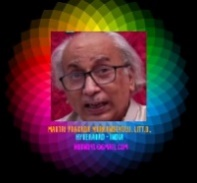
THE CRAZY SINGERS
It’s a Musical Melody, teenage Love Story
Copy Right
Best Content for Utility in Movies/Film Making.
For Any Deal/Agreement for use of this Story for any purpose, please contact Author, Story & Song Writer. Copy Right Stories of Mantri Pragada Markandeyulu. All rights reserved. Any unauthorized reprint or use of this material is prohibited. No part of this content may be reproduced or transmitted in any form or by any means, electronic or mechanical, including photocopying, recording, or by any information storage and retrieval system without express written permission from the author.
————-
Address:
Plot No. 37, H. No. 1-6-53/1,
ANUPURAM, ECIL Post, Kapra,
(Opp. Dr. Homi J Bhaba Community Hall)
Hyderabad -500062
Telangana State (INDIA)
Email: mrkndyl@gmail.com
Twitter: @mrkndyl68
Phone Nos.
+91-9951038802
+91-8186945103
…………….

